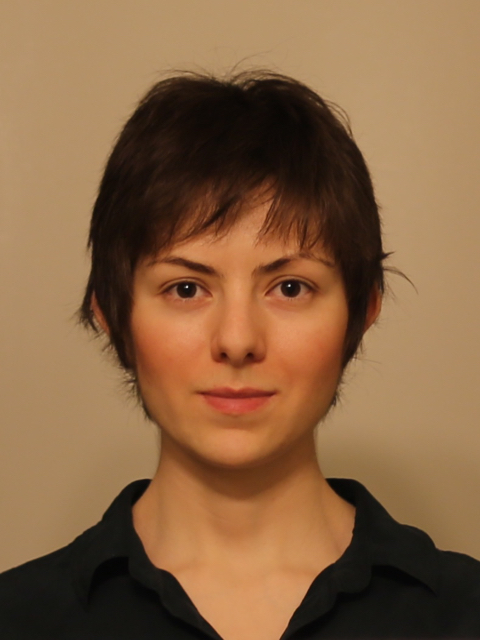Dr. Burçin Çakır has joined the Department of Electrical Engineering at Bilkent University as Assistant Professor in September 2020. Her research interests are in hardware design and computer architecture.

Prior to joining Bilkent EEE as a faculty member, Dr. Burçin Çakır was a postdoctoral fellow in the Computer Science department of Harvard University. She received her B.S. degree in Electrical Engineering from Bilkent University and her Ph.D. degree from Princeton University. During her postdoctoral study, she has worked on designing hardware accelerator extensions for domain-specific machine learning applications and microarchitectural design space exploration for energy/performance optimization. In her Ph.D., she had experience in developing algorithms and analyses for digital integrated circuits. She is a recipient of Francis Robbins Upton Fellowship award from Princeton University. Her work received Best Paper Award at DATE Conference (2015). She also has served as a referee on various journals and conferences and gave workshop and seminar talks. Recently, she has been selected to Rising Stars 2020 sponsored by IEEE Solid-State Circuits Society at the International Solid-State Circuits Conference. Besides her work at Princeton, she also had experience in industry research with two internships at Microsoft Research (MSR) in Redmond (WA) and Cambridge (UK) Labs.
Dr. Çakır works in an interdisciplinary area that combines concepts from Electrical Engineering and Computer Science. Low-power hardware design, microarchitectural design space exploration and hardware accelerators for machine learning applications are some of the research topics that her research lies at. The methods presented in her research follow a different approach from the state-of-art techniques and present a new perspective to common problems in hardware design using an analytical modeling approach. The algorithms presented in her work demonstrate that problems in hardware structural and functional analysis can be formulated and solved using statistics, graph algorithms, techniques from signal processing, and machine learning. She also has experience in energy-efficient implementations for hardware-software interactions, hardware accelerators for machine learning, computer architecture, and IC design.